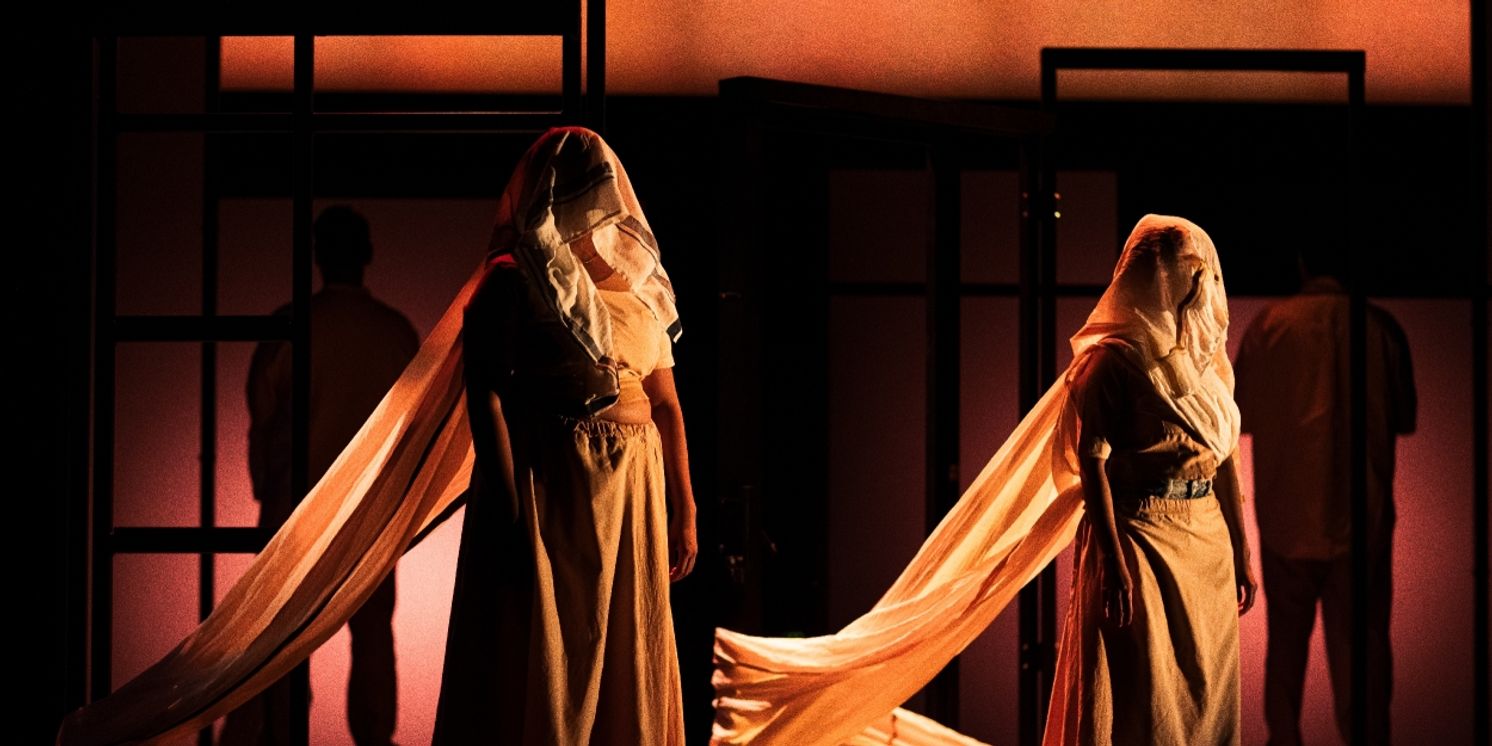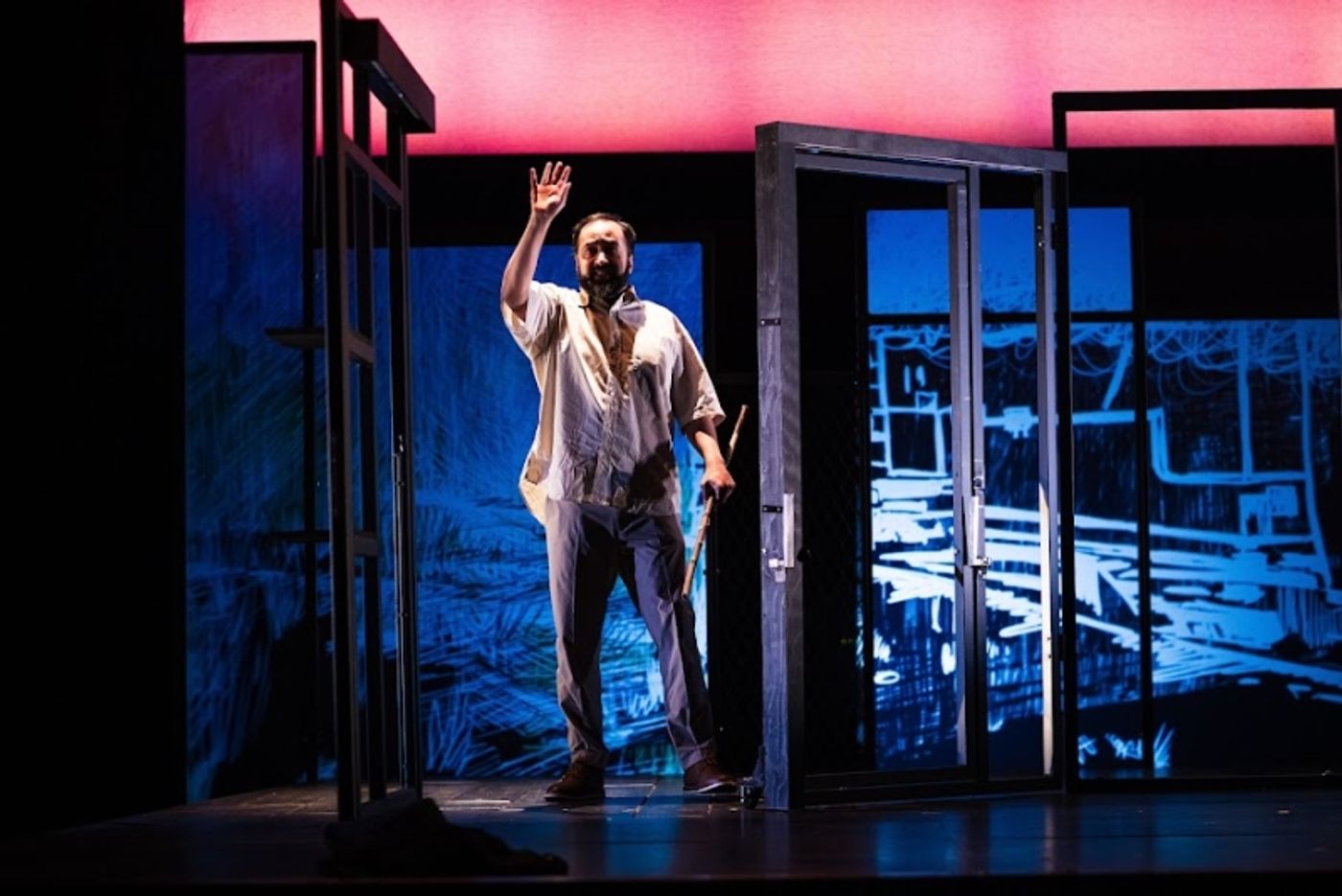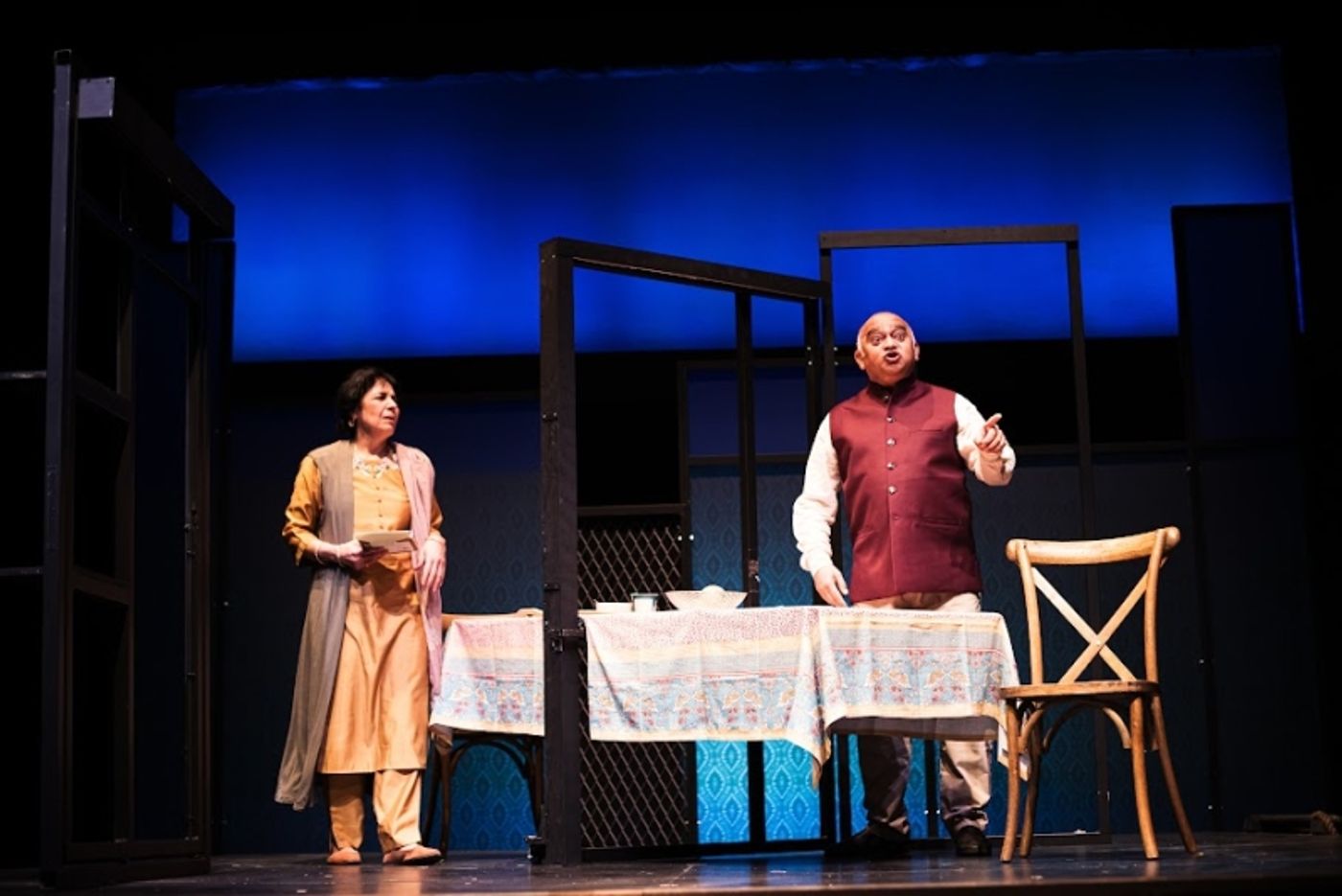Review: SILENCE, Birmingham Rep
A new play inspired by personal testimonies from those who lived through the 1947 Partition of India

![]()
“Old friends in the morning, then wanting us dead in the afternoon”, says one of the men in Silence, repeating the line over and over. Decades after the event, he still can’t understand the speed at which hate and violence ignited in the wake of the 1947 Partition of India.
Partition, which marked the end of the British Raj, split India into three countries: India, East Pakistan and West Pakistan, the latter two now Bangladesh and Pakistan. The division was based on lines drawn by a British lawyer who had never set foot on Indian soil, and led to one of the deadliest mass migrations in history, as Hindus, Sikhs and Muslims fled their homes under horrific circumstances.
Despite the gravity of these events and the aftereffects that remain, stories from that time are underreported and the subject of colonialism is barely skimmed in the UK school curriculum. Silence aims to present some of the history by recounting personal testimonies from those who lived through it. These testimonies were first gathered in Kavita Puri’s acclaimed book and radio series Partition Voices: Untold British Stories and have been adapted for the stage by Sonali Bhattacharyya, Gurpreet Kaur Bhatti, Ishy Din and Alexandra Wood.

Photo Credit: Harry Elleston
Directed by Iqbal Khan, the play is a slightly retooled version of the one presented at Donmar Warehouse in 2022, and consists mostly of monologues by an ensemble of six very talented actors, with occasional two-character scenes. We begin with a young engaged couple (Tia Dutt and Aaron Gill) recording an interview about their experiences as British South Asians, their search for identity and their desire to hear more about their ancestors’ history. This is followed by memories told by older characters, most of whom are still haunted by their experiences. One woman cannot find the words to speak at all.
The stories are filled with harrowing descriptions that convey the confusion, fear and anger of those ousted from their homeland and ripped away from loved ones. There are painfully vivid verbal images: a child’s favourite tree plastered with the sign “Muslims Get Out”; bodies hanging out of trains; babies killed in front of their mothers. Many of the characters recounting their memories were children at the time, and seeing things through their eyes is heartbreaking.
There are also necessary warnings within the stories of how easily history repeats itself, of how governments continue to peddle similar rhetorics, carving lines through populations in myriad ways and stirring up hatred. Conversely, the stories offer small moments of light and hope: the people who protected each other even though their religions differed and who risked their own lives for others’.

Photo Credit: Harry Elleston
But while the monologues are undeniably powerful, the play is crying out for structure, for a throughline, for us to see at least some characters more than once. When Silence was at the Donmar, it apparently used the framing device of a journalist pitching a story; that has been mostly eliminated here, with just one unclear scene at the end as we see her watching an interview she’s filmed with her father. Without a coherent dramatic structure, the play feels untethered. Some characters speak to camera and others don’t, with no explanation why; most of the characters are nameless and those that are played by the same actors aren’t always delineated clearly.
The staging is often static which doesn’t aid the situation, though Rachana Jadhav’s set is visually arresting: a series of dark metal grids that box up the stage into apparently random sections, mimicking the partition lines, backed by screens which show occasional photos or live camera projections.
Silence should be praised for giving voice to vital stories which need to be kept alive, and for highlighting the perseverance and strength of those who lived through the partition. In its current form the play doesn’t serve the stories as effectively as it might, but this is still an important production bolstered by excellent performances.
Silence at Birmingham Rep until 27 April, then touring
Photo Credit: Harry Elleston
Reader Reviews
Videos

